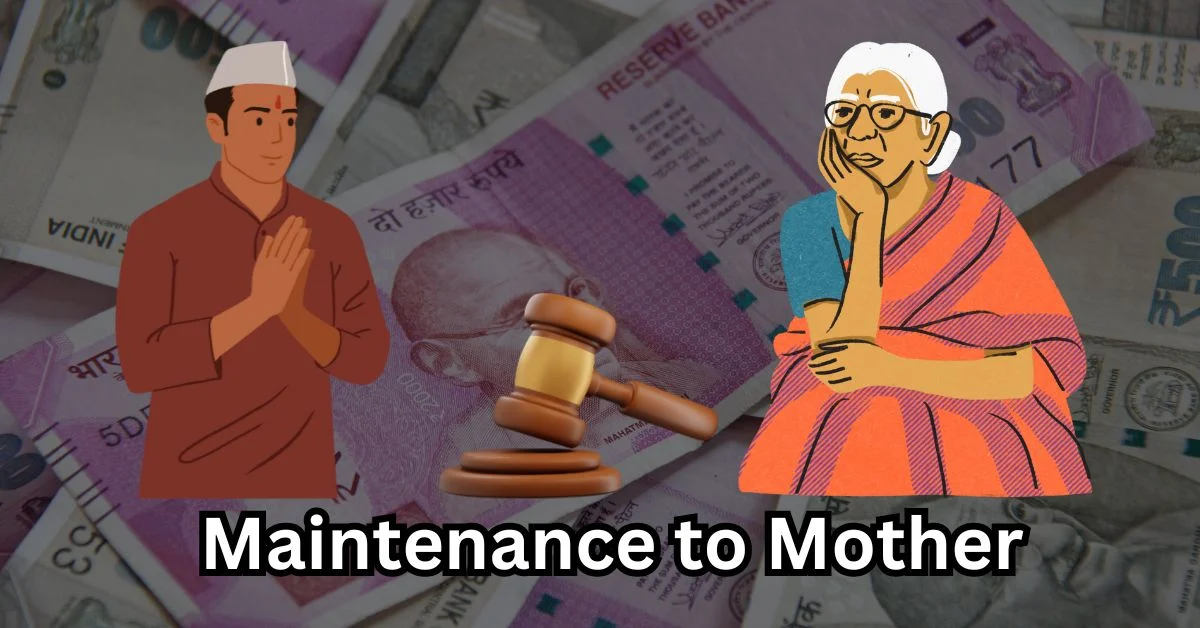Hon’ble Kerala High Court addressed a paternity dispute case in which a petition filed by the Woman (Referred here as Mrs. Y), aged 35 years, seeking a declaration that she is the lawful wedded wife of the Man (Referred here as Mr. X), aged 46 years. The court’s judgment, delivered on September 7, 2023, has raised crucial legal and evidentiary considerations.
Background of the Case
The dispute dates back to 2017 when Mrs. Y filed an original petition (OP) seeking recognition as the lawful wife of Mr. X. According to her, a customary marriage took place on September 18, 2009, at Kurunnattukonam Bhadrakali Temple, Mukkathala. Marital rites were subsequently performed at a church near Railway Station, Chinnakkada, on the same day. The couple lived together for several years and had a child during this period. However, in 2014, Mr. X left Mrs. Y, initiating the legal battle.
Legal Arguments
The case took a significant turn when Mrs. Y submitted I.A.No.2/2023 along with supporting documents, including a consent deed, the child’s birth certificate, vaccination records, a family card, and two cheques. These documents aimed to establish a relationship between Mrs. Y and Mr. X. Her plea in the application was to order a DNA test to ascertain the paternity of the child.
Mr. X’s legal counsel contended that Mrs. Y had not met her burden of proof as required by Section 101 of the Indian Evidence Act. They argued that the documents presented had not been adequately substantiated and that Mr. X disputed their authenticity. Additionally, they emphasized that no evidence had been provided to establish the existence of a lawful marriage or cohabitation between the parties.
Court’s Verdict
The Kerala High Court, in its judgment, emphasized the burden of proof placed on parties asserting specific facts. It noted that Mrs. Y had not presented any evidence to support her claims adequately. The court referred to a recent Supreme Court judgment, Aparna Ajinkya Firodia v. Ajinkya Arun Firodia, 2023 KHC 6155, which underscored the importance of passing orders for DNA tests sparingly and only when absolutely necessary.
Consequently, the High Court set aside the earlier order that had directed a DNA test, reasoning that the application had been instituted prematurely, given the absence of evidence supporting Shalini’s claims. The court allowed the original petition and ordered the parties to provide appropriate evidence as the case progressed.
Conclusion
The Kerala High Court’s judgment in the paternity dispute case highlights the importance of presenting substantial evidence when making legal claims. The ruling underscores the significance of adhering to the legal principles of burden of proof and evidentiary support in such cases.



